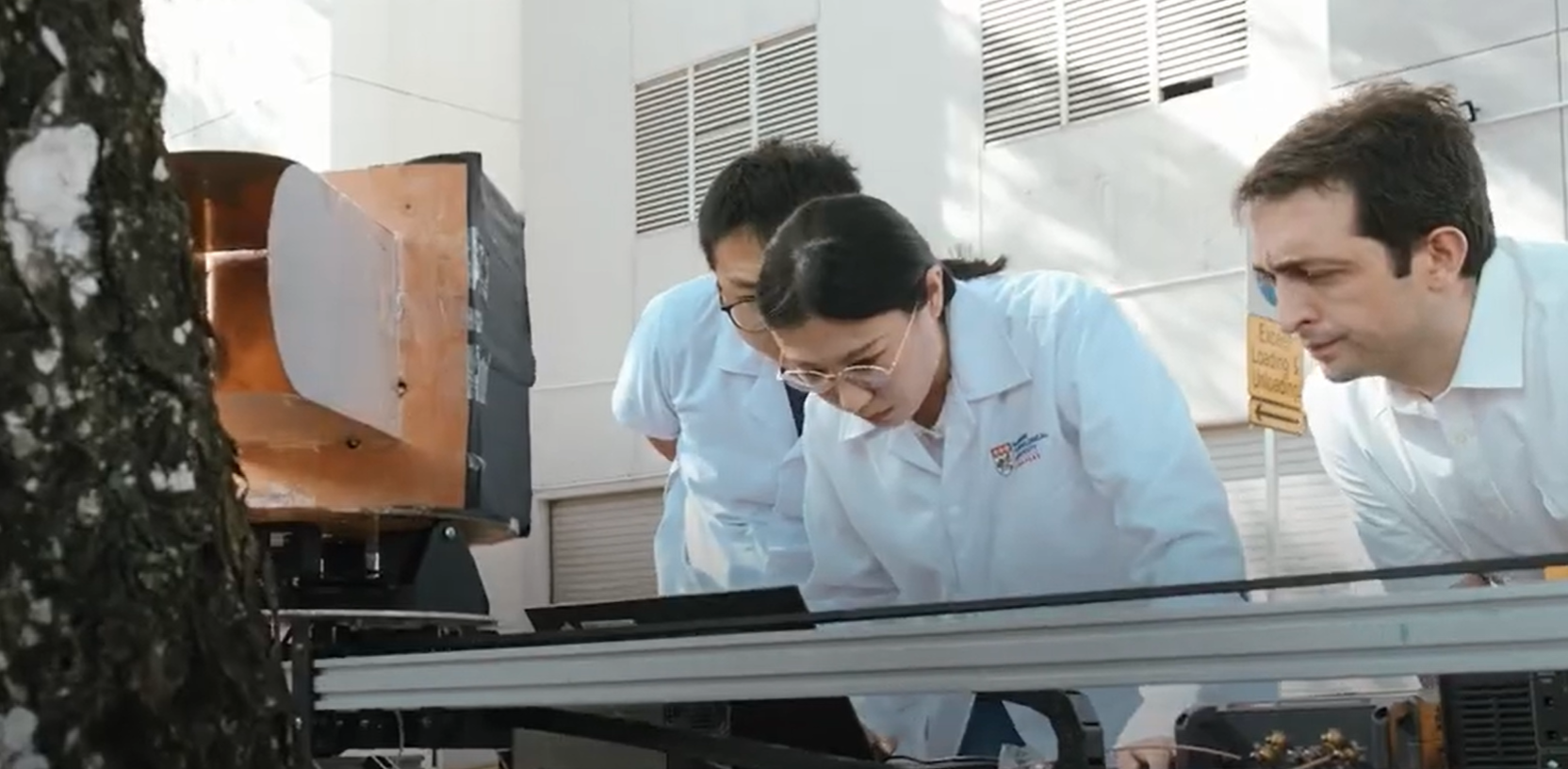SINGAPORE: Scientists at Nanyang Technological University (NTU) Singapore, with backing from Singapore’s National Parks Board (NParks), are advancing a pioneering artificial intelligence (AI)-powered tool designed to detect cavities and decay inside tree trunks.
This innovative technology holds promise for safeguarding urban trees by identifying internal defects early, which could prevent unexpected tree failures and enhance safety.
At the core of this project is a newly developed prototype, constructed within NTU’s laboratories. It employs a radar system that uses microwaves to scan the inside of a tree trunk. The data collected from the radar scan undergoes advanced signal processing, which removes noise and sharpens the results.
This refined data is then analyzed by a deep learning AI model capable of detecting and highlighting any structural defects within the trunk. The entire process, from initial scan to detection, takes just three to four minutes.
Testing on freshly cut Angsana tree trunks—a species commonly found along Singapore’s roadsides—demonstrated that the prototype is remarkably effective. It identified structural defects in trunk samples with an accuracy rate of 96 percent, a promising indicator of the system’s potential reliability in real-world applications.
Researchers at NTU are currently finetuning the prototype, with hopes that it can eventually be deployed across Singapore to regularly monitor the health of urban trees.

